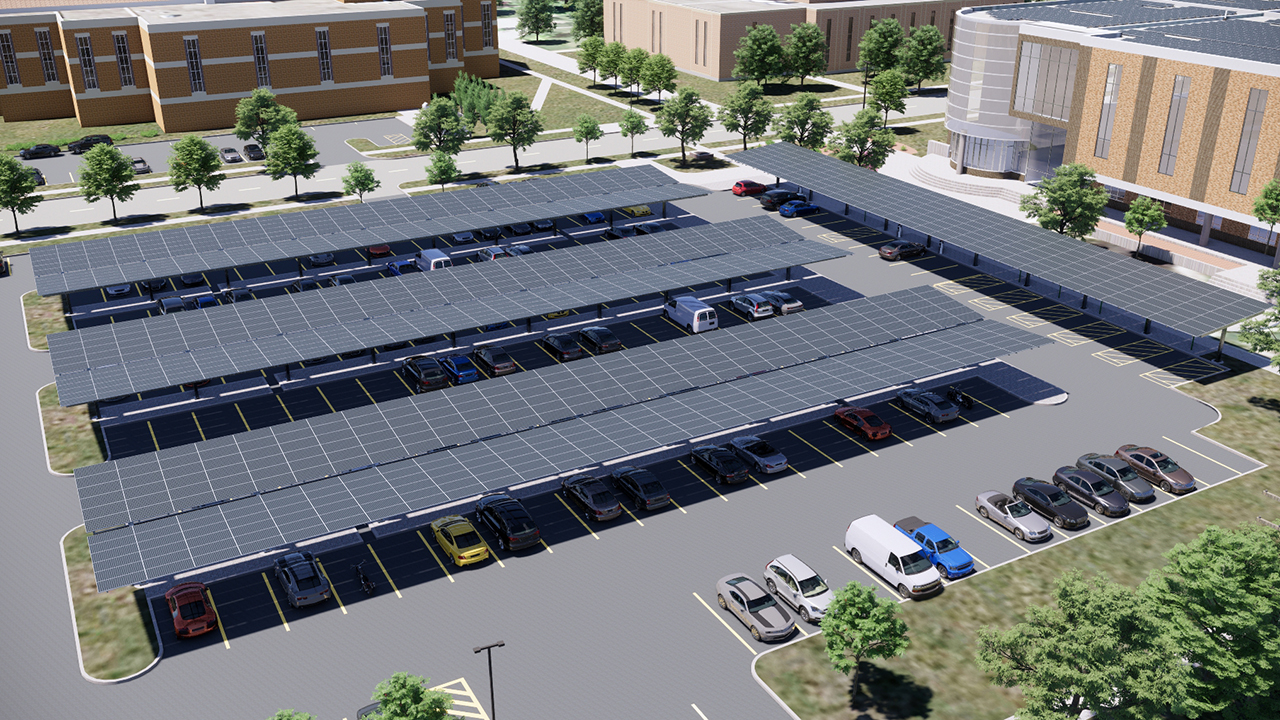
For the 14th consecutive year, Winona State University has been recognized as one of the nation’s Greenest Colleges by the Princeton Review, an honor that’s magnified by a recent Sustainability Award presented to Assistant Vice President for Facilities Management, Jim Goblirsch.
In the 2025 edition of “The Princeton Review’s Guide to Green Colleges,” 511 schools across the U.S. were selected to receive the title of Green College. Research focused on colleges’ sustainability practices, sustainability education, and the quality of life for students on campus.
Winona State received a green rating of 84 on a scale of 99 points. The green rating considers three main questions, which are: how the school creates opportunities for students to have a sustainable and healthy quality of life, how environmentally responsible the school’s policies are, and how the school is preparing students for employment and citizenship in the clean-energy economy of the 21st century.
As evidence of its Green College standing, Winona State has displayed commitment to using its resources responsibly, investing in a sustainable future, and supporting a sustainable society.
Winona State’s commitment to sustainability is further highlighted by Goblirsch’s recent recognition with the 2024 Upper Midwest Association for Campus Sustainability’s Administrator (Re)Cognition Award, which honors administrators who have made significant contributions to their campus and/or community’s sustainability efforts through outstanding leadership.
Goblirsch was integral in implementing Winona State’s successful campus-wide energy conservation project, LESS (Leading Energy Savings & Sustainability) and will next work on Winona State’s Center for Interdisciplinary Collaboration, Engagement & Learning (CICEL).
Winona State was one of the first signatories of the President’s Climate Commitment, and for decades, has been working to practice and promote a culture of sustainability, with investments in:
- curriculum and academic programs like the Sustainability minor
- opportunities to get involved, including the student-funded Green Fee and Green Action Project
- the largest solar panel energy system in the Minnesota State system
- proposed net-zero CICEL building
- campus-wide guaranteed energy savings project, known as the LESS project
Learn more about Winona State’s commitment to sustainability here.
